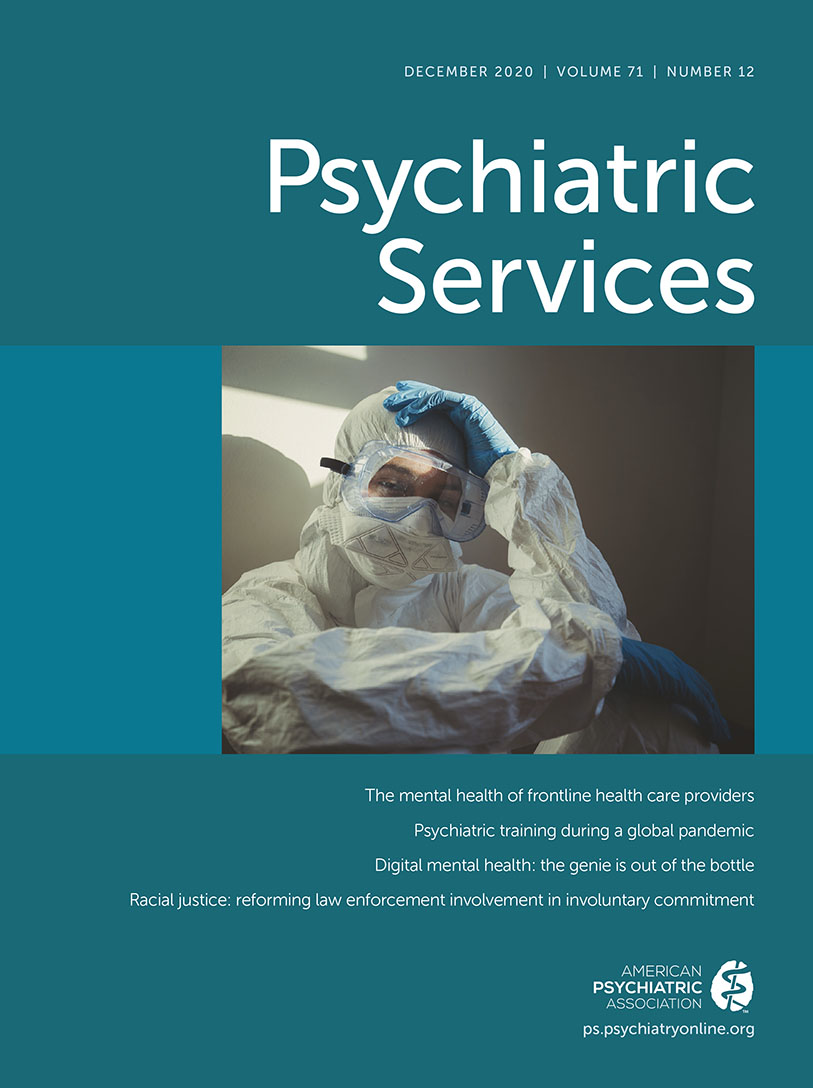Psychiatrist Participation in Private Health Insurance Markets: Paucity in the Land of Plenty
Abstract
Objective:
Access to specialty mental health care may be poor because many psychiatrists do not accept health insurance reimbursement, whereas many patients rely on insurance to help pay for care. The objective of this study was to examine the extent of participation in private insurance by licensed psychiatrists.
Methods:
Using 2013 Massachusetts licensing data and the All-Payer Claims Database (APCD), the authors performed a cross-sectional analysis of licensed psychiatrists in Massachusetts. The fraction of psychiatrists who filed insurance claims, number of unique patients with insurance claims per psychiatrist, and physician characteristics associated with insurance participation were evaluated.
Results:
In 2013, Massachusetts had 2,348 licensed psychiatrists. Overall, 79% (N=1,843) had at least one paid claim for an outpatient visit in the APCD, but only 6% (N=151) had claims for at least 300 patients per year (a full caseload). Psychiatrists had a median of 18 patients with claims (mean=73). Compared with psychiatrists 30–39 years since medical school graduation, those within 19 years since graduation were less likely to bill for an outpatient (7–19 years, odds ratio [OR]=0.67, 95% confidence interval [CI]=0.47–0.94) and less likely to have claims for ≥300 patients per year (7–19 years, OR=0.49, 95% CI=0.29–0.83). Participation varied across insurance types (93% for group commercial plans versus 33% for Medicaid managed care plans).
Conclusions:
Among Massachusetts psychiatrists, participation in the private insurance market appears to be limited. Older psychiatrists are more likely to participate, and patients’ access to psychiatrists who accept insurance could worsen as these psychiatrists retire.



